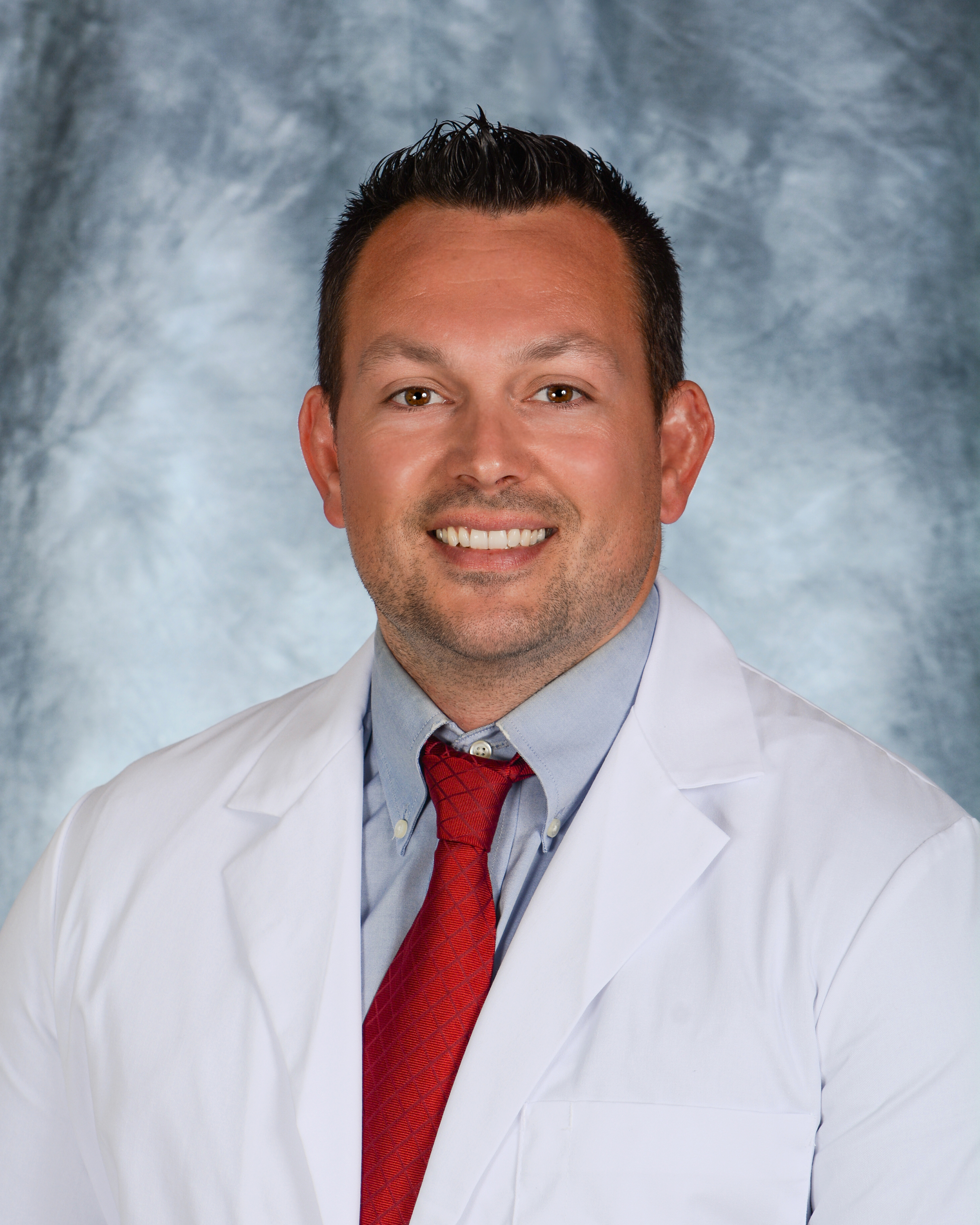
In this his one-hour course on shoulder dysfunction and rehabilitation, Dr. Shaw will review assessment as well as prevalence and causes of shoulder pain. He will also discuss care plan options for stabilization and strengthening the shoulder with the goal of building robust, anti-fragile patients.
Accreditation(s)

Module 1 Outline
- Historical evaluation and treatments of shoulder instability and pain
- What we have done in the past vs what we are doing now.
- The importance of finding “The Why” when pain is present
- QUIZ
Module 2 Outline
- Current concepts in shoulder dysfunction.
- Diagnosing movement pattern dysfunctions in the shoulder joint
- The problem with pain in rehab / exercise
- The role of the thoracic spine in shoulder dysfunction
- Finding the rehab sweet spot (the importance of training pain free patterns)
- QUIZ
Module 3 Outline
- Literature review
- Generalized exercise vs specific motor control.
- The roll of grip strength in shoulder stability
- QUIZ
Module 4 Outline
- Isometrics to full cycle exercise
- When to use isometrics, when to progress
- When to Regress
- QUIZ
Module 5 Outline
- A neurodevelopmental approach to bullet proof shoulders
- The Kettlebell armbar
- The Crooked Arm Bar
- Quadruped Exercises
- Half Kneeling Waiters Position
- 6 Point Carries
- The Turkish Getup
- QUIZ
Release Date:
Jan 1, 2023
Course Expiration Date:
Jan 13, 2024
CE Hours
1.00
- Each module contains a video presentation and a short quiz. You must view the video prior to taking the quiz.
- FOR HELP: If you have technical issues, please contact the Continuing Education Department at 1-800-452-5032 or email at continuinged@palmer.edu.
- DISCLAIMER: While Palmer College of Chiropractic endeavors to bring diverse topics and viewpoints for continuing education options for Doctors of Chiropractic, the opinions of presenters do not necessarily represent the views of Palmer College.
- ATTRIBUTION: This presentation contains royalty free music from https://www.purple-planet.com/using-our-free-music
